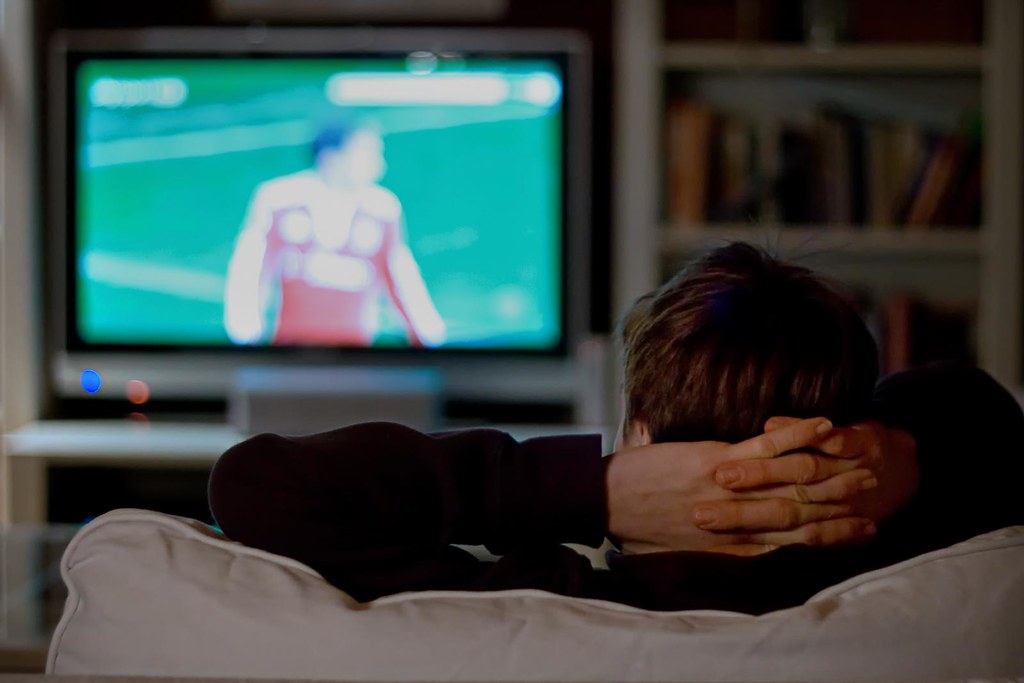Het arrangement 2BBL/KBL Unit 10: Music and Spare time is gemaakt met Wikiwijs van Kennisnet. Wikiwijs is hét onderwijsplatform waar je leermiddelen zoekt, maakt en deelt.
- Auteur
- Laatst gewijzigd
- 05-03-2020 14:02:25
- Licentie
-
Dit lesmateriaal is gepubliceerd onder de Creative Commons Naamsvermelding 4.0 Internationale licentie. Dit houdt in dat je onder de voorwaarde van naamsvermelding vrij bent om:
- het werk te delen - te kopiëren, te verspreiden en door te geven via elk medium of bestandsformaat
- het werk te bewerken - te remixen, te veranderen en afgeleide werken te maken
- voor alle doeleinden, inclusief commerciële doeleinden.
Meer informatie over de CC Naamsvermelding 4.0 Internationale licentie.
Aanvullende informatie over dit lesmateriaal
Van dit lesmateriaal is de volgende aanvullende informatie beschikbaar:
- Toelichting
- 2BBL/KBL Unit 10 Music and Spare time
- Leerniveau
- VMBO basisberoepsgerichte leerweg, 2;
- Leerinhoud en doelen
- Luisteren naar tv, video- en geluidsopnames; Engels; Dagelijks leven; Gesprekken voeren; Spreken; Luisteren naar aankondigingen en instructies; Gesprekken tussen moedertaalsprekers verstaan;
- Eindgebruiker
- leerling/student
- Moeilijkheidsgraad
- gemiddeld
Gebruikte Wikiwijs Arrangementen
Het Perron Engels Onderbouw. (z.d.).
2BBL/KBL/TL Unit 10 Music and Spare time
https://maken.wikiwijs.nl/126584/2BBL_KBL_TL_Unit_10_Music_and_Spare_time




 Lionel Messi's talent was early detected by his father. When he began playing with the local team, his potential was quickly identified by Barcelona. At the age of 11, he was diagnosed with a growth hormone deficiency, which is a medical condition in which the body does not produce enough growth hormone and whose treatment nessecitates a lot of money. He left Rosario-based Newell's Old Boys's youth team in 2000 and moved with his family to Europe, as Barcelona offered treatment for his growth hormone deficiency.
Lionel Messi's talent was early detected by his father. When he began playing with the local team, his potential was quickly identified by Barcelona. At the age of 11, he was diagnosed with a growth hormone deficiency, which is a medical condition in which the body does not produce enough growth hormone and whose treatment nessecitates a lot of money. He left Rosario-based Newell's Old Boys's youth team in 2000 and moved with his family to Europe, as Barcelona offered treatment for his growth hormone deficiency.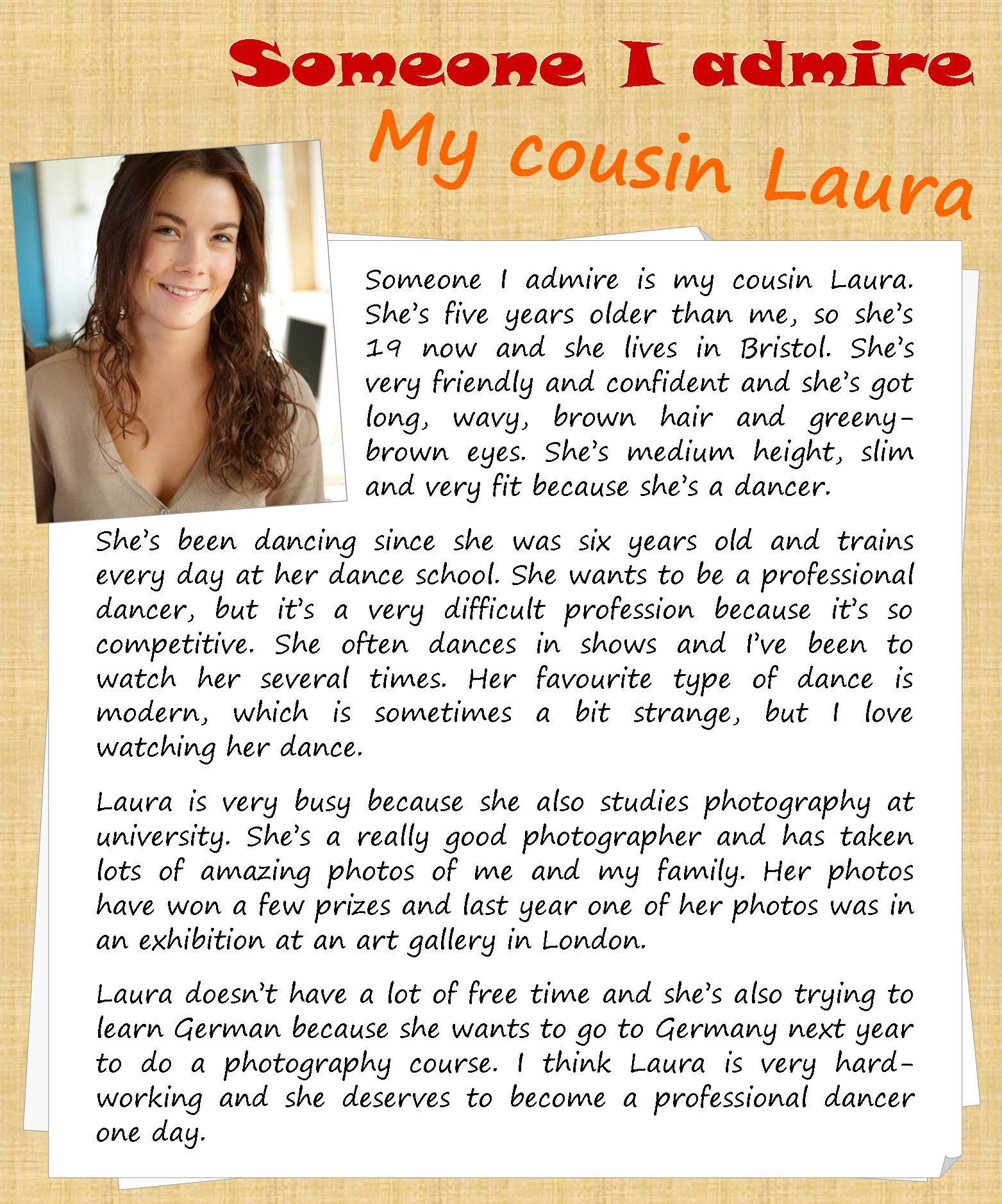
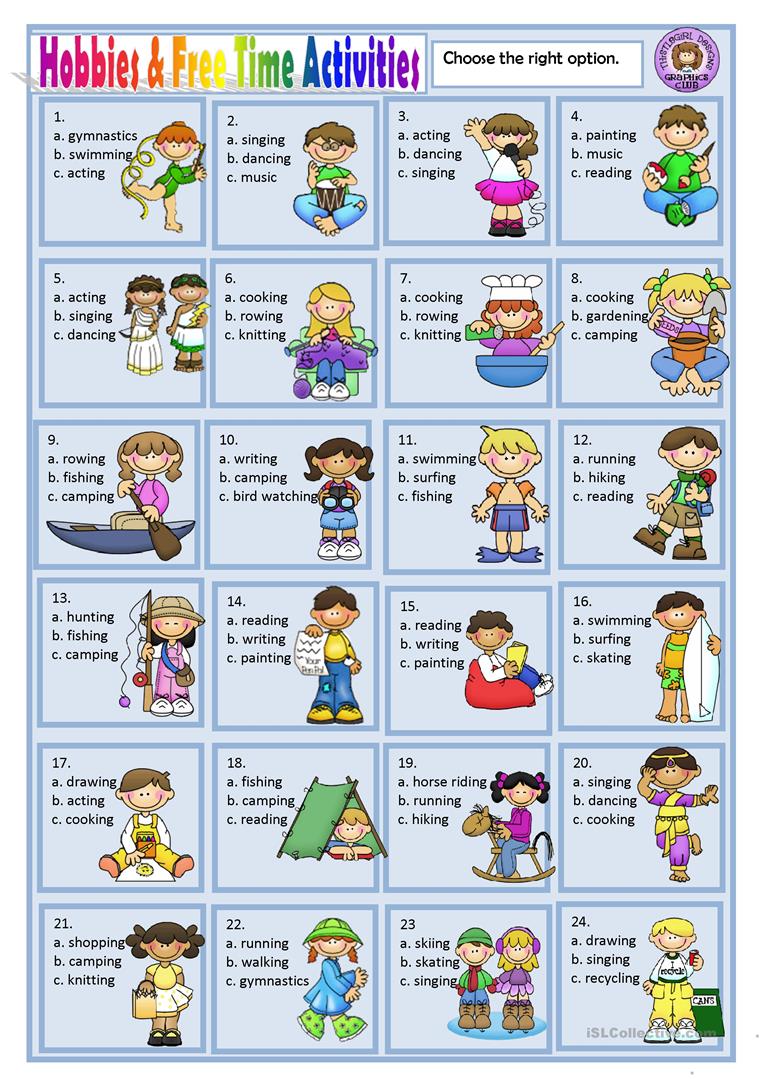
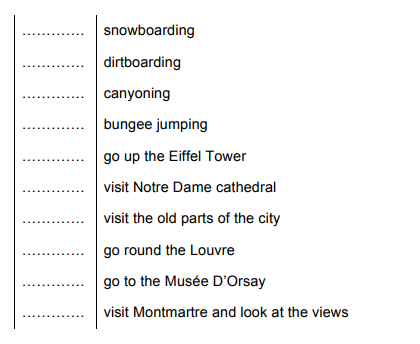
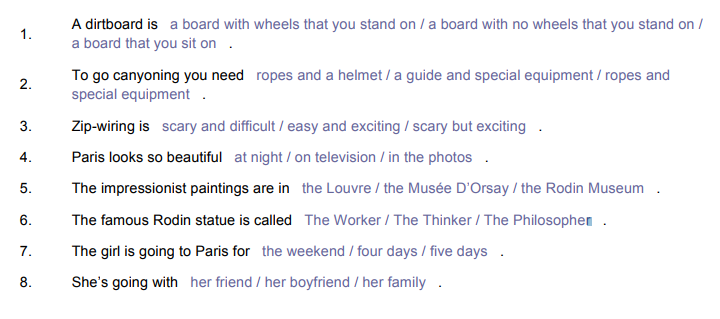
 imals, adventures, scientists, plants. I also like historical books. They are very interesting. I can tell you many curious stories
imals, adventures, scientists, plants. I also like historical books. They are very interesting. I can tell you many curious stories  Hi, I’m Anita. I am from France. I like jogging. It’s my best spare time. You see, I’m good at jogging and I do it every day irrespective of the weather. At first, I ran only one kilometer. Now I can run 3 kilometers. I have a good trainer and he says I can run longer distances. He says I’ll be a champion.
Hi, I’m Anita. I am from France. I like jogging. It’s my best spare time. You see, I’m good at jogging and I do it every day irrespective of the weather. At first, I ran only one kilometer. Now I can run 3 kilometers. I have a good trainer and he says I can run longer distances. He says I’ll be a champion. t of friends all over the world and we often send emails to each other or talk using Skype. My mother says it is bad for my eyes but I can’t give it up.
t of friends all over the world and we often send emails to each other or talk using Skype. My mother says it is bad for my eyes but I can’t give it up.




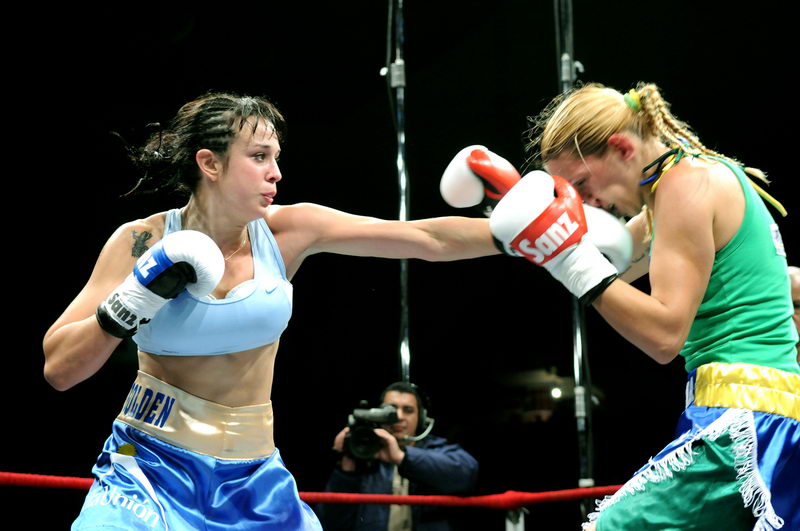 Sportclubs
Sportclubs
